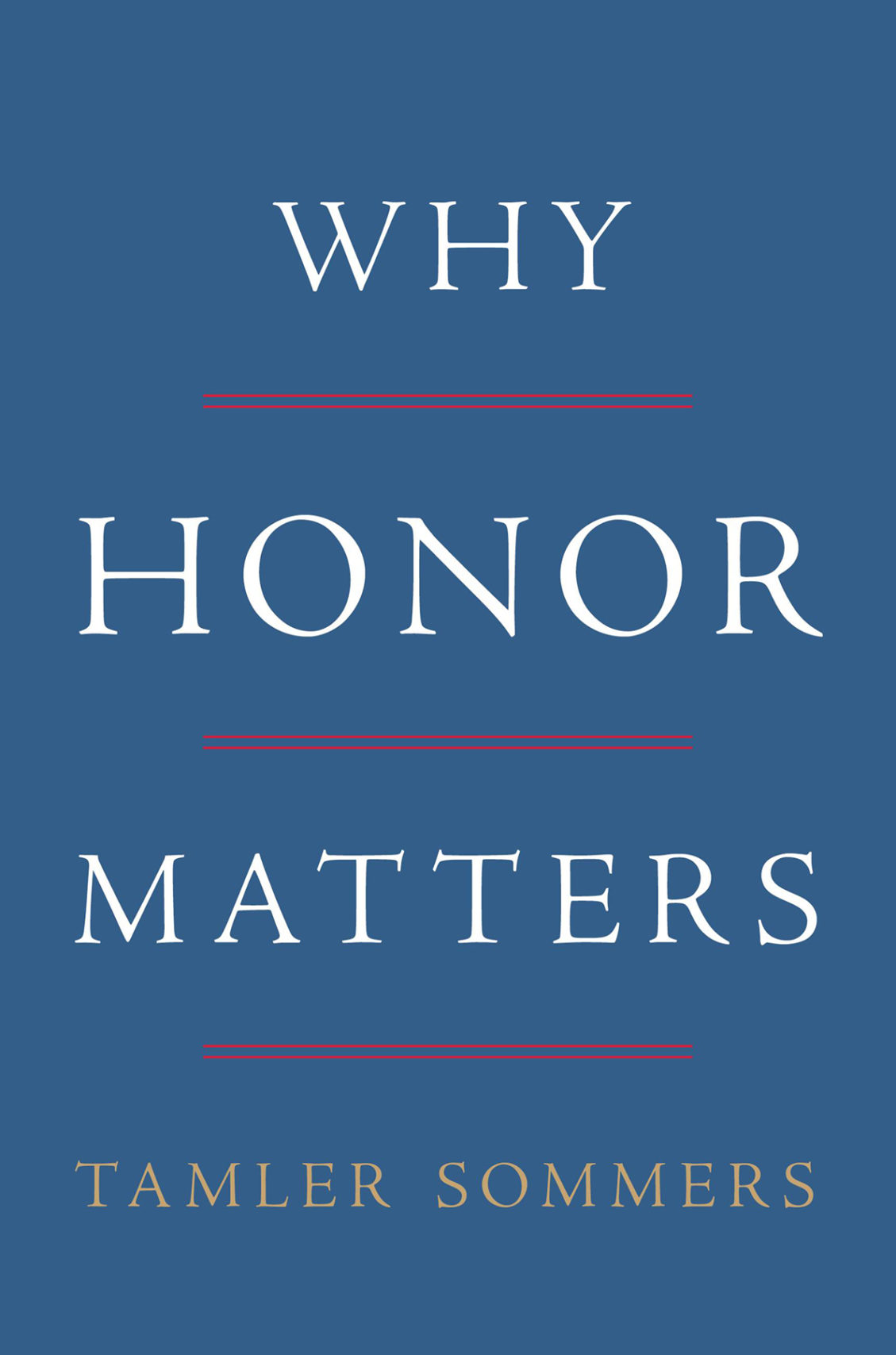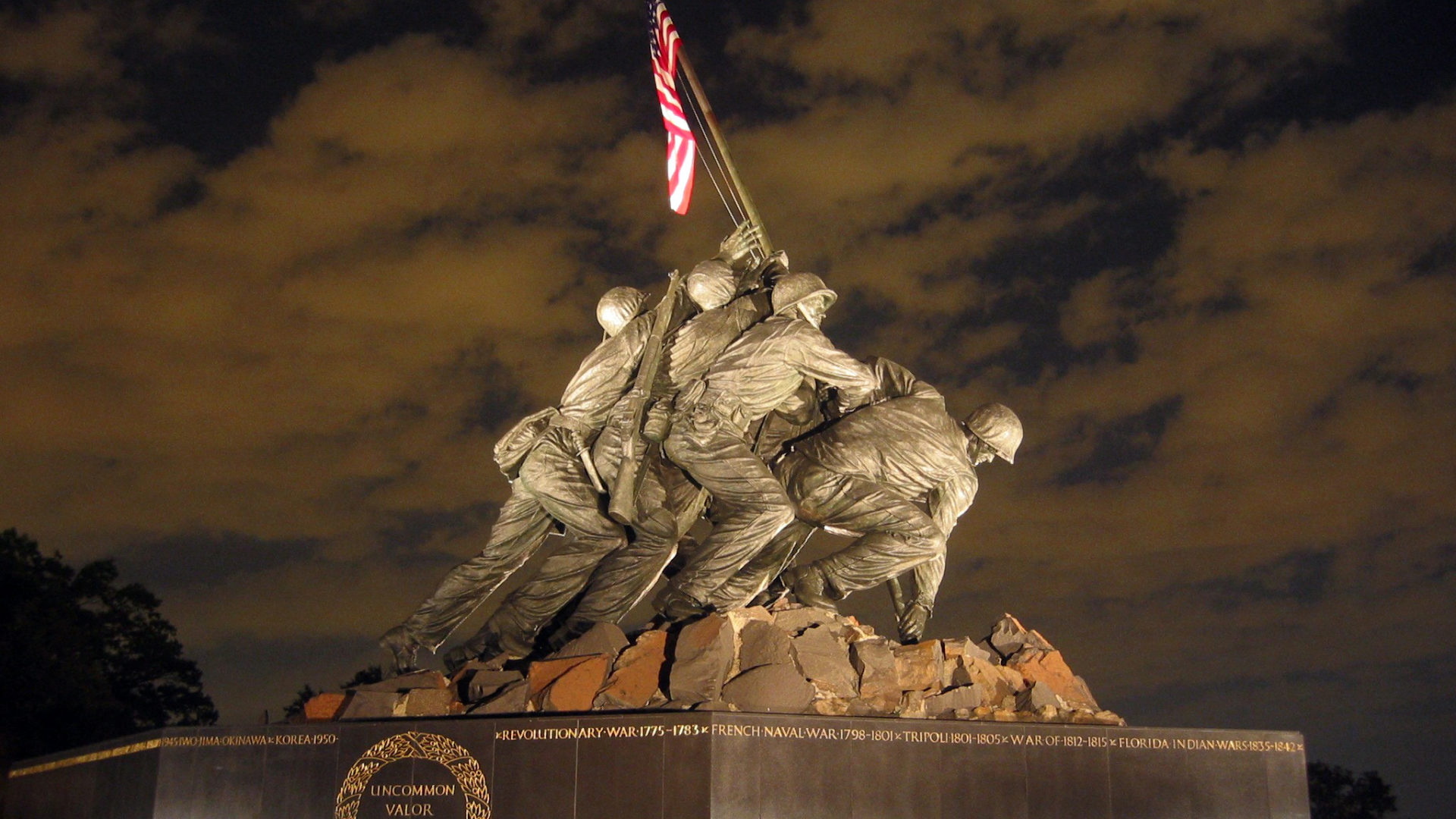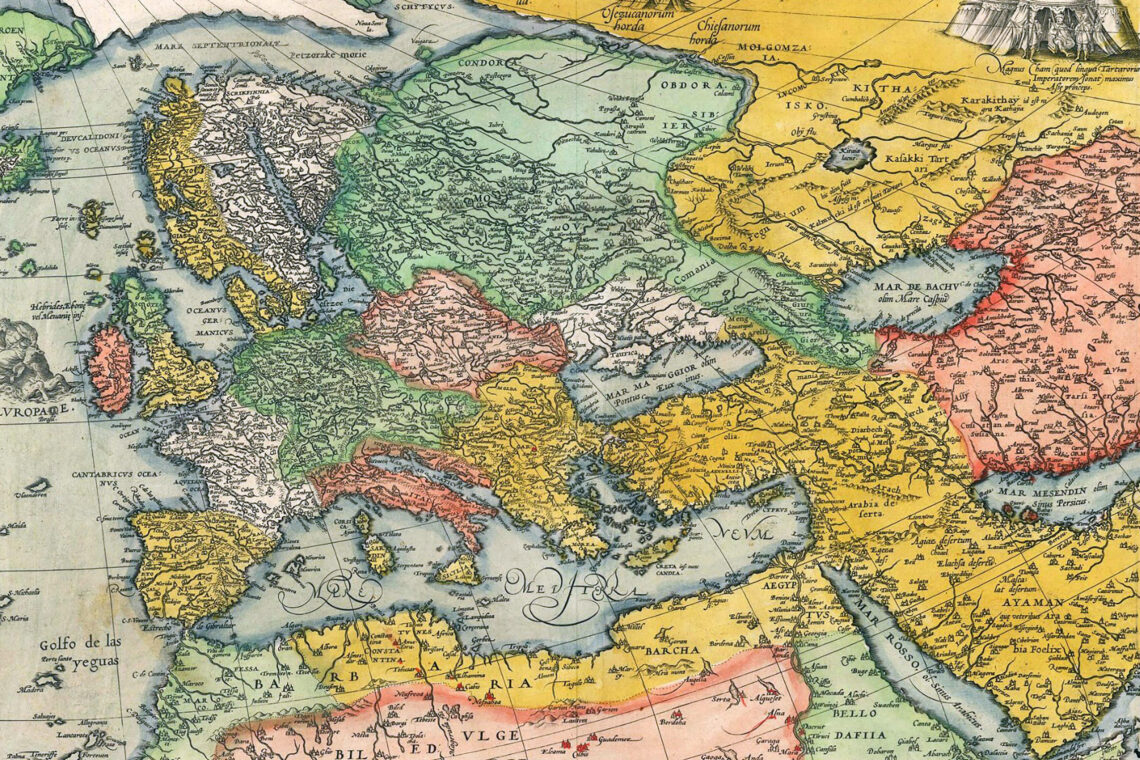Respect to Tamler Sommers for daring to write Why Honor Matters, a book about a subject that, in my opinion, hasn’t had any currency whatsoever in the life of Americans since I landed here almost 35 years ago. To migrate from a society where honor was the coin of the realm to one where the deepest confessions are met with the vacuous psychological mantra of “Tell me more” is to experience the mother of all culture shocks. I knew immediately that there would be little possibility of genuine human bonds and almost no possibility of real conversation. I had come to a nation of professionals, moving in square formations, inhabiting a series of boxes, and ever-aware of the latest health fad. I crossed spatial and temporal borders by moving from an ancient tradition to a modern one where people go Dutch, kids sell lemonade, and everyone looks out for Number One.

Over time, I came to accept the habits of my new WEIRD (Western, educated, industrialized, rich and democratic) world, where the abstract and bloodless concept of dignity, a marker of civilization and progress, is the ultimate arbiter of values and is still the surest guide to justice. The morality of the Enlightenment (the kind advocated by the likes of Steven Pinker) may have liberated people from tribal constraints, softened the edges of society, and led to general well-being; but, by the same token, it has alienated people and reduced them to emotionally dysfunctional cogs in a machine. This cult of dignity has outsourced justice, family care and risk-taking to the state, removing all obligations from individuals. In the end, we are left with police states and civilized cowards.
The kind of hospitality that prevails in honor-bound societies is virtually unknown in WEIRD countries. At the risk of death to his family and clan, a Pashtun man in Afghanistan has no option but to shelter a Navy SEAL pursued by the Taliban. Such obligations are non-negotiable. On the other hand, the obsession with security in WEIRD countries means a growing dependence on governments and life in concentric circles of safety. A crime in California or a computer glitch can drive people in Maine to stock up on tuna cans, bottled water and flashlights while anxiously awaiting Armageddon in their basements. This is not to mention the high rates of depression associated with living in this paranoid universe.
When I was growing up in Tangier, we learned that only people without character seek help from third parties. If you loaned all your savings to a crook, you must get it back yourself, or accept the loss. If someone insults you, your family, or your neighborhood, you take care of your own business. Revenge is more human and even more rational if it doesn’t exceed its boundaries. The case of Electra, daughter of the slain Agamemnon, who refuses to forget and forgive, as well as that of Jacob’s sons in Genesis, Shimon and Levi, who, discarding their father’s calculated deal, massacre an entire town to avenge their sister Dinah represent the spectrum of responses to insult and injury. No two responses are exactly alike.
The author pins his hopes on the “restorative justice” movement, which seeks to correct our flawed legal system, based, as it is, on plea bargaining, and not on trials. He knows only too well that honor cultures have their darker side, but he valiantly tries to rescue their positive, human aspects. He finds good examples of contained honor codes in professional hockey, battle rap, and the BAM (“Becoming a Man”) movement—among others—and he bemoans the rise of Far Right or white nationalism and the election of Donald Trump as excessive counterexamples of his proposal.
The case of Trump reminds me of a feature of honor-based cultures that was somehow overlooked in the book: Loyalty. This is the one quality that Trump constantly emphasizes and one that comes through clearly in Let Trump Be Trump, the account of his improbable rise to the presidency by his campaign managers Corey Lewandowski and David Bossie. The book makes it abundantly clear that a ragtag army of small-time but loyal novices can defeat the mightiest political machine in America. People who are incredulous about the election of Trump are best advised to read this book and see what they can learn from it.
Sommers does well to remind us that many of our cherished political and cultural artefacts, such as democracy and the Renaissance, emerged in the traditional, honor-based societies of Greece and Italy, not in some non-descript industrial milieu. But I am afraid there is no going back to the old world of honor-restoring duels, one that Sommers, having grown up in a safe neighborhood, probably never experienced. The drive to extract life and money from the guilty has trumped the value of what Moroccans call `iffa. It is more honorable to step back when you win and do your very best to restore the full dignity of the one who loses. Will such customs survive the ever-encroaching march of a dehumanizing modernity? Quite frankly, I am not that hopeful.
Meanwhile, I carry on with my daily culture shocks, exhausting my American-born and raised family with my Old World mindset. It’s only when I am back in Morocco that I can actually breathe easy within a social code that comes naturally to me. My real American friends know this about me—and for that I am grateful.





Meanwhile, your daily culture shocks, you are fortunate since you are in a privileged situation, you can take the best of the western world that has welcomed you and the values that you have not forgotten about the old world from which you come